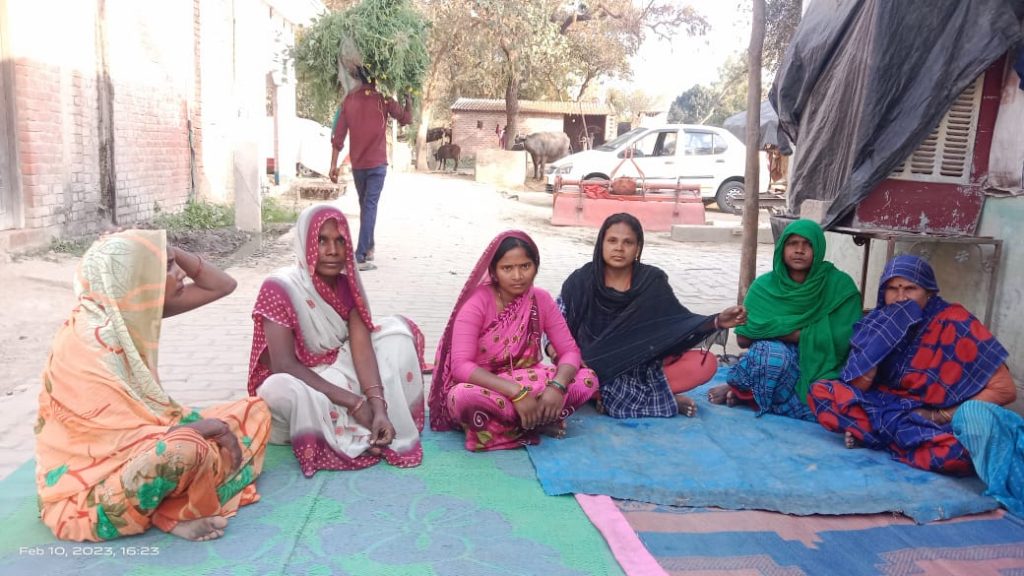Reproductive health is a critical aspect of overall health and well-being for women. It includes a range of issues related to sexual and reproductive health, such as family planning, maternal health, sexually transmitted infections, and gender-based violence. Ensuring that women have access to reproductive healthcare services is not only a human right but also a key factor in promoting gender equality and achieving sustainable development.
Here are some reasons why women’s reproductive health is important:
Maternal Health: Reproductive healthcare is crucial for ensuring maternal health. Women who have access to quality reproductive healthcare services are more likely to have healthy pregnancies and safe deliveries, reducing the risk of maternal mortality.
Family Planning: Family planning is an essential component of reproductive healthcare. Access to family planning methods enables women to make informed decisions about their reproductive health and plan for their future, improving their quality of life and economic opportunities.
STI Prevention: Reproductive healthcare services also include the prevention and treatment of sexually transmitted infections (STIs), including HIV/AIDS. Women who have access to STI testing and treatment are less likely to experience the long-term health consequences of untreated infections.
Gender-Based Violence: Reproductive healthcare services can also play a critical role in addressing gender-based violence. Women who have experienced violence or abuse may need access to specialized care, such as emergency contraception or post-exposure prophylaxis for HIV.
Sustainable Development: Ensuring women’s access to reproductive healthcare services is critical for achieving sustainable development. When women are healthy and empowered, they are more likely to participate in education and the workforce, contributing to economic growth and development.
Despite the importance of women’s reproductive health, many women around the world still face barriers to accessing reproductive healthcare services. These barriers include poverty, discrimination, and lack of access to education and healthcare services.
Here are some ways in which we can support women’s reproductive health:
Advocate for Reproductive Rights: Advocate for policies and programs that support women’s reproductive rights and access to healthcare services.
Donate: Support organizations that provide reproductive healthcare services to women in need through donations of money, supplies, or time.
Educate: Educate yourself and others about the importance of reproductive health and the barriers that women face in accessing healthcare services.
Support Women’s Empowerment: Support initiatives that empower women and girls, including education and economic opportunities.
Promote Gender Equality: Promote gender equality and address the root causes of discrimination and inequality.
Let us all do our part to support women’s reproductive health and advocate for policies and programs that promote gender equality and human rights for all.


